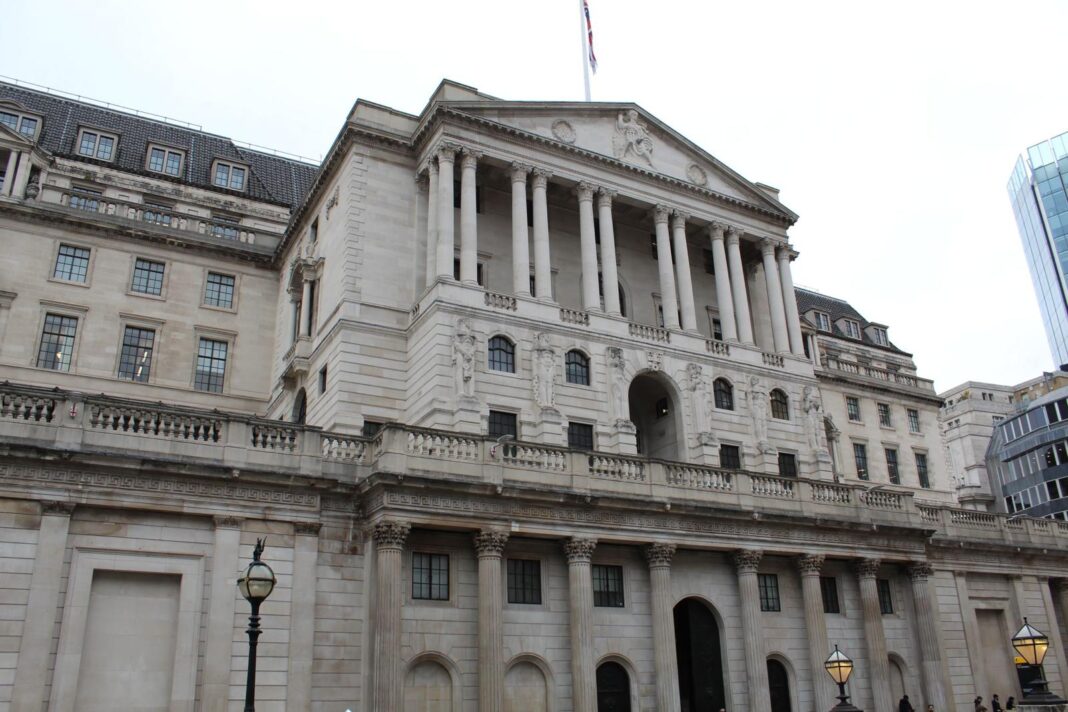UK inflation is broadly moderating but there are significant crosscurrents muddying the waters.
Despite lingering stubbornness in price rises the Bank of England seem inclined to take heed of a rapidly weakening jobs market and lower interest rates in August, but further cuts may be harder to justify.
CPI came in at 3.6% in June, up from from 3.4% in May with core inflation quite a bit higher at 3..7% in June compared with 3.5% in May.
Perhaps more importantly, annual services inflation stayed at 4.7% despite many forecasting it would fall back.
KEY METRIC
This is a key metric to watch as it is driving the overall headline number and is highly sensitive to employment costs which have recently been on the rise.
Overall, it’s unwelcome news to households being squeezed on essential spending, and could limit the extent the Bank of England can cut interest rates to provide relief to borrowers.
How quickly will inflation recede?
Labour market data suggests the UK economy is now starting to struggle. A slowdown would ordinarily suppress inflation, but still-high wage inflation is muddying the waters.
That metric remains inconsistent with the BoE’s 2% inflation target at around 5%, and the extra spending power in parts of the workforce is still running counter to the wider trends of economic slowdown and job losses.
Increases in the minimum wage and payroll tax has raised total labour costs and many businesses are passing these onto consumers. This is likely to keep inflation significantly over 3% for the rest of the year, making it difficult for the BoE to cut interest rates aggressively.
To add to the uncertainty, the impact of tariffs remains an unknown quantity. The erratic back-and-forth of US trade policy may lead to persistent weakness in global trade and a knock-on impact for the UK economy.
At the very least the ambiguity makes it difficult for companies to plan and invest, and at worst could exacerbate economic slowdown at the same time global inflationary pressures seep into the UK.
What does it mean for interest rates?
BoE Governor Bailey’s recent comments indicate he is open to cutting interest rates at a carefully managed pace if the jobs market continues to deteriorate.
This seems an increasingly likely outcome as the economy moved into reverse gear during the second quarter, contracting by -0.3% in April and -0.1% in May, undoing much of the positive momentum in Q1.

Meanwhile, the extent of falling payrolls will be beginning to ring alarm bells, shifting MPC members’ attention from inflation stickiness to economic weakness.
An August cut still seems likely as the lacklustre growth picture and the deteriorating labour market come more sharply into focus, but the lingering effect of wage inflation and payroll costs could make further cuts a longer time coming.










